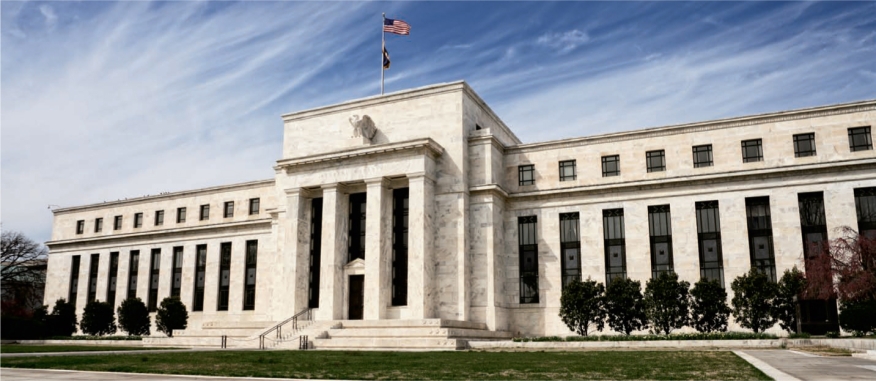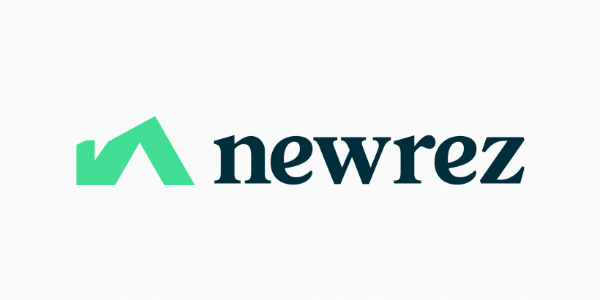
Fed Minutes Hint Rate Hikes May Not Be Done Yet

Uncertainty about fight against inflation suggests more hikes might be needed.
After a quarter-percent interest rate hike at its July meeting, the Federal Open Market Committee is hinting it just might possibly need to raise the interest rate come September and beyond. Members of the Federal Reserve committee and their staff suggest that hikes could happen if inflation isn’t tamed.
The July increase brought the Fed’s federal funds rate to a range targeted between 5.25%-5%, the highest level in more than 22 years. While the Fed rate doesn’t directly impact 30- and 15-year mortgage rates, it can have an immediate effect on adjustable-rate mortgages and home equity lines of credit.
Meeting minutes released today said participants observed that, “notwithstanding recent favorable developments, inflation remained well above the FOMC’s 2% longer-term objective and that elevated inflation was continuing to harm businesses and households—low-income families in particular. “Participants stressed that the Committee would need to see more data on inflation and further signs that aggregate demand and aggregate supply were moving into better balance to be confident that inflation pressures were abating and that inflation was on course to return to 2% over time.”
Since the FOMC has been actively raising rates, the minutes reflected that credit has tightened for households with lower credit scores. That hasn’t been an issue for high-credit-score households. Mortgage credit availability decreased in July to its lowest point since 2013, according to the Mortgage Banker Association's Mortgage Credit Availability Index (MCAI).
Bill Bodnar, chief revenue officer for Tabrasa, which provides mortgage market insights, said, “The minutes told us nothing. And only added uncertainty. They talked out of both sides of their mouth regarding the future of rate hikes. They said inflation was too high but acknowledged the risk of over-tightening. They also said no recession, which was also bond-unfriendly. They likely won’t hike in September but could come back in November [with a hike].
Bodnar suggested what could raise rates is the additional debt that the U.S. government is taking on and the subsequent downgrade that happened last week. Fitch downgraded the U.S. government’s credit rating as well as that of Freddie Mac and Fannie Mae.
One event to keep an eye on, Bodnar observed, is the Federal Reserve Bank of Kansas City’s Economic Policy Symposium in Jackson Hole, Wyoming, Aug. 24-26. The event brings together economists, financial market participants, academics, U.S. government representatives, and news media to discuss long-term policy issues. Bodnar said, “The Jackson hole event … could be a big market mover and change everything. It could be much better or much worse if policy suggestion is made.”
“The CME FedWatch tool lists the odds that the Federal Reserve will pause rate hikes at its September meeting at nearly 90%. If inflation deceleration and labor market cooling continue and the Fed decides to pause rate hikes, there may be some downward pressure on mortgage rates,” said Odeta Kushi, deputy chief economist at First American.
The Fed is also expected to release their dot plot projections during the September FOMC meeting. If inflation expectations are higher than expected or the Fed has to take more drastic actions than markets anticipate to tame inflation, mortgage rates may move up, Kushi added.
FOMC members, according to the minutes, generally noted a high degree of uncertainty regarding the cumulative effects on the economy of past monetary policy tightening. “Participants cited upside risks to inflation, including those associated with scenarios in which recent supply chain improvements and favorable commodity price trends did not continue or in which aggregate demand failed to slow by an amount sufficient to restore price stability over time, possibly leading to more persistent elevated inflation or an unanchoring of inflation expectations,” the minutes said.
Supply chain issues were a major concern last year of the National Association of Home Builders (NAHB), but as the problems improved, its confidence as an industry improved. That changed yesterday when the group announced seven months of confidence in the housing market retreated in August. “Rising mortgage rates and high construction costs stemming from a dearth of construction workers, a lack of buildable lots, and ongoing shortages of distribution transformers put a chill on builder sentiment in August,” said NAHB Chairman Alicia Huey.
FOMC members also said recent increases in home prices suggested that the housing sector’s response to monetary policy restraint may have peaked.
In addition, members agreed to continue to reduce the Federal Reserve’s holdings of Treasury securities and agency debt, and agency mortgage-backed securities, as described in its previously announced plans.




